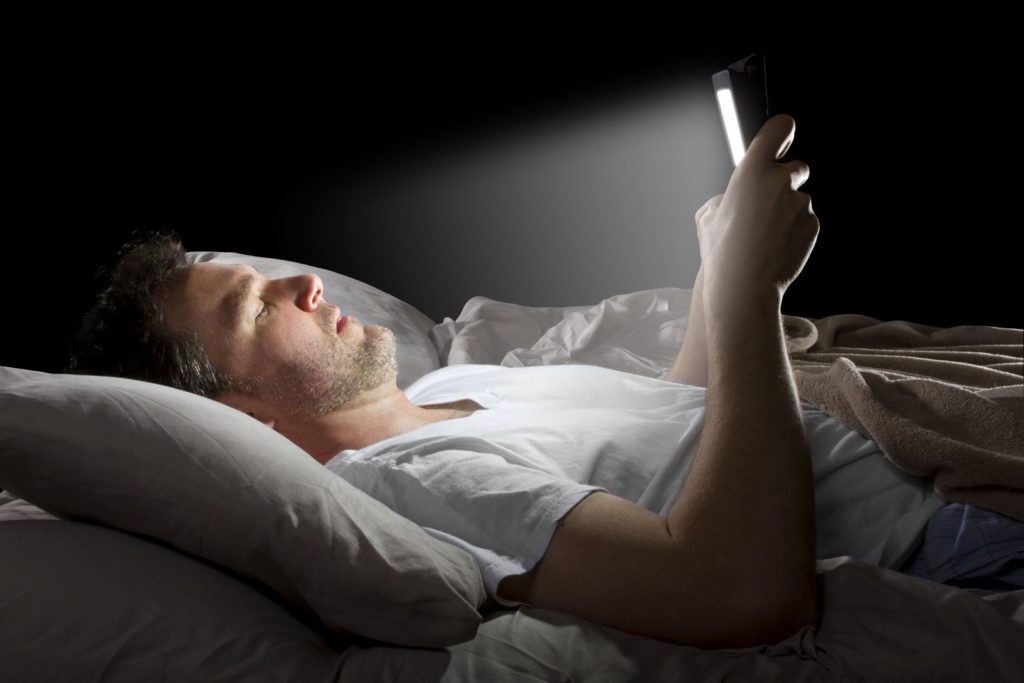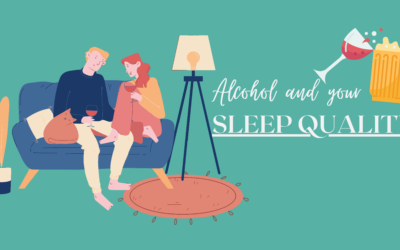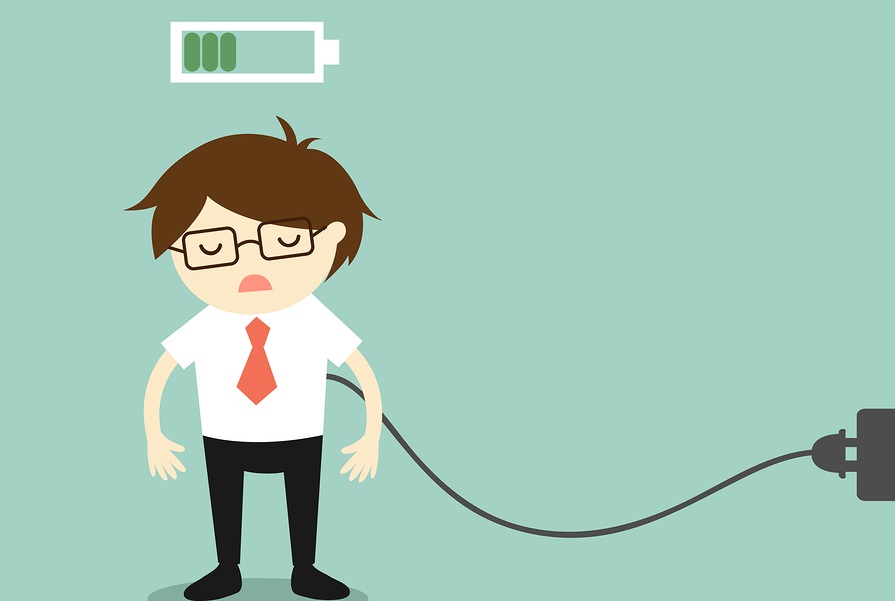-
Pingback: Sleep Hygiene Dos and Don'ts | Ohio Sleep Treatment
Blue Light Affects Your Sleep. True Story
Do you have a nighttime routine or ritual that involves electronics? Almost all of our interactions involve a cell phone, TV or tablet. These devices can affect the hormone, melatonin. Melatonin is a natural hormone that your body releases that affects circadian rhythm and our sleepiness. When this hormone is not released, we have a harder time falling asleep. All these devices release ‘blue light’ which adversely interacts with melatonin. Blue light affects your sleep. How can you combat these effects? Continue reading for tips!
Reducing Blue Lights Impact on Sleep
Research suggests that we should avoid blue light 2 to 3 hours before bedtime. If you are like us, that is hard to do! Lucky for us there are several options to reflect blue light other than completing avoiding it.
- They make glasses that protect your eyes from the blue light. If you don’t have prescription glasses or wear contacts, you can order them online anywhere from under $20 to over $100. If you have prescription glasses, make sure to talk to your doctor about getting lenses that will protect your eyes from blue light.
- Another option is to look at screen protectors that block the blue light from your various devices. They make screen protectors for laptops, tablets, and phones that will protect you from blue light.
- For those of you that really want to jump all-in on the ‘No Blue Light’ campaign, consider the light bulbs that you are using at home. Both LED and fluorescent bulbs emit varying degrees of blue light. Research recommends using red lights, which have the least power to suppress your release of melatonin.
In Conclusion
Consider what option would be best for you and improve your ability to fall asleep with ease! It’s virtually impossible to completely avoid blue light, but consider how you can limit its effect on your sleep.
Want to learn more about sleep hygiene do’s and don’ts? Check out our article here!
And if you enjoyed today’s article, be sure to visit our blog for more fun and educational content! You can also check out all “sleep education” related articles for more sleep educating material.
Unsure if you are at risk for a sleep disorder, like obstructive sleep apnea? Take the quick 8-question STOP-Bang questionnaire here! Ready to “Sleep Like You Mean It”? Schedule your FREE consultation today!



